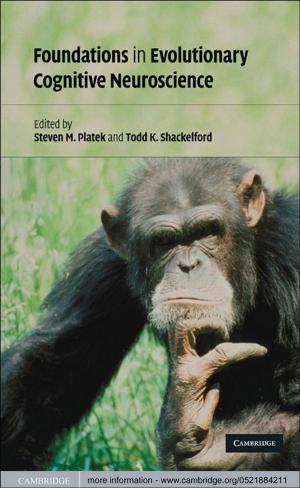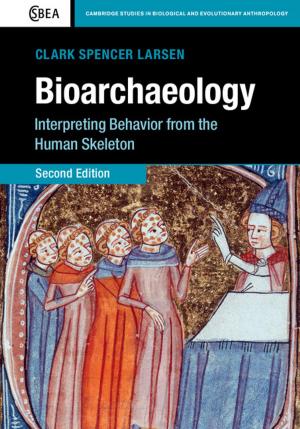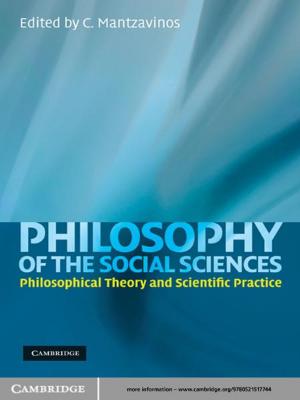Kernel Methods and Machine Learning
Nonfiction, Computers, Advanced Computing, Engineering, Computer Vision, General Computing, Health & Well Being, Medical| Author: | S. Y. Kung | ISBN: | 9781139861892 |
| Publisher: | Cambridge University Press | Publication: | April 17, 2014 |
| Imprint: | Cambridge University Press | Language: | English |
| Author: | S. Y. Kung |
| ISBN: | 9781139861892 |
| Publisher: | Cambridge University Press |
| Publication: | April 17, 2014 |
| Imprint: | Cambridge University Press |
| Language: | English |
Offering a fundamental basis in kernel-based learning theory, this book covers both statistical and algebraic principles. It provides over 30 major theorems for kernel-based supervised and unsupervised learning models. The first of the theorems establishes a condition, arguably necessary and sufficient, for the kernelization of learning models. In addition, several other theorems are devoted to proving mathematical equivalence between seemingly unrelated models. With over 25 closed-form and iterative algorithms, the book provides a step-by-step guide to algorithmic procedures and analysing which factors to consider in tackling a given problem, enabling readers to improve specifically designed learning algorithms, build models for new applications and develop efficient techniques suitable for green machine learning technologies. Numerous real-world examples and over 200 problems, several of which are Matlab-based simulation exercises, make this an essential resource for graduate students and professionals in computer science, electrical and biomedical engineering. Solutions to problems are provided online for instructors.
Offering a fundamental basis in kernel-based learning theory, this book covers both statistical and algebraic principles. It provides over 30 major theorems for kernel-based supervised and unsupervised learning models. The first of the theorems establishes a condition, arguably necessary and sufficient, for the kernelization of learning models. In addition, several other theorems are devoted to proving mathematical equivalence between seemingly unrelated models. With over 25 closed-form and iterative algorithms, the book provides a step-by-step guide to algorithmic procedures and analysing which factors to consider in tackling a given problem, enabling readers to improve specifically designed learning algorithms, build models for new applications and develop efficient techniques suitable for green machine learning technologies. Numerous real-world examples and over 200 problems, several of which are Matlab-based simulation exercises, make this an essential resource for graduate students and professionals in computer science, electrical and biomedical engineering. Solutions to problems are provided online for instructors.















